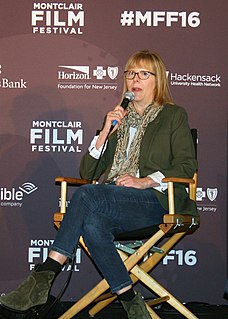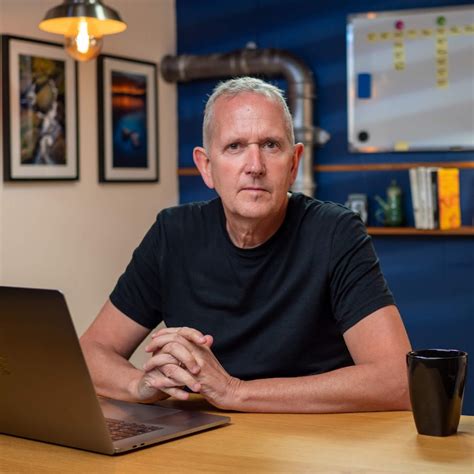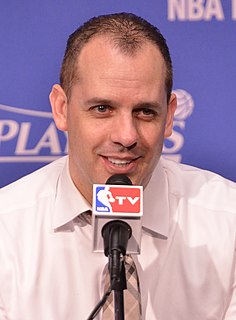A Quote by Pawel Pawlikowski
From film to film, even documentaries, I was learning the medium and learning how to bring form into some kind of relationship with the content, how to work it, and above all, how to create some kind of order out of chaos.
Related Quotes
The aim of human life is to know thyself. Think for yourself. Question authority. Think with your friends. Create, create new realities. Philosophy is a team sport. Philosophy is the ultimate, the ultimate aphrodisiac pleasure. Learning how to operate your brain, learning how to operate your mind, learning how to redesign chaos
Learning how to think really means learning how to exercise some control over how and what you think. It means being conscious and aware enough to choose what you pay attention to and to choose how you construct meaning from experience. Because if you cannot or will not exercise this kind of choice in adult life, you will be totally hosed.
A life lived in chaos is an impossibility for the artist. No matter how unstructured may seem the painter's garret in Paris or the poet's pad in Greenwich Village, the artist must have some kind of order or he will proudce a very small body of work. To create a work of art, great or small, is work, hard work, and work requires discipline and order.
I applied [to film school] figuring, "I need to find some structure for myself. I need to find a way to figure out what kind of filmmaker I want to be." And that is what film school provides you with. It'll teach you the basics of how a production works and the technical side of how to put everything together, but you could also learn that by working on film sets.
So you have the challenge of just learning the lines, period, and not only learning them, but learning them to the extent that you assimilate them, so that you're not worried about what the next word is coming out of your mouth when it comes to doing a scene. And you're also in the trenches with the writers, just in the wonderful kind of back and forth of how is it best to say something, even if it involves four or five words. I love that kind of thing.
The film room teaches you how to do the job, how to study the game, how to teach the game from film. How to create an advantage for your team by knowing your opponent, and all their plays and tendencies. And there's no better guy in the world that I've been around than Jim O'Brien at breaking down film.
The kind of sleep that I had during my own film [Certified Copy] screening in Cannes is different. It's not because of the specificity of the film. It was because of my relationship as an author to this film. Usually when I take my films to festivals, I feel incredibly anxious about them. I wonder how it will be received, how the audience will react. I feel deeply responsible for them. Whereas this time, I didn't have that responsibility on my shoulders.
Anything that we know how we do, machines will do better. Now, the key element of this phrase is, "We know how we do it." Because we do many things without knowing exactly how we do them. So this is the area where machines are vulnerable, because it still has to learn from some kind of experience. It needs something - at least the rules of the game. You have to bring in something that will help the machine to start learning. It's like square one. If there's nothing there, if you can't explain it, that's a problem.






































